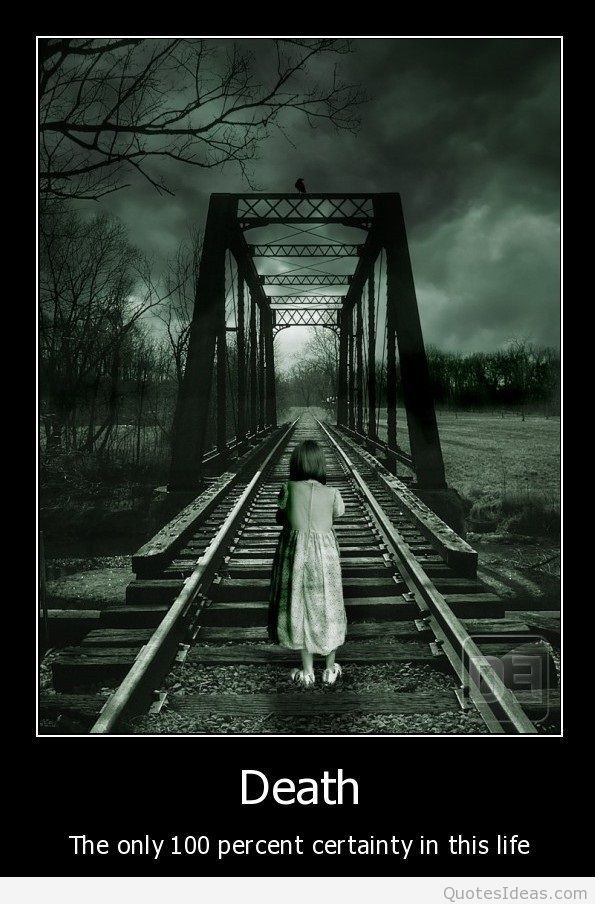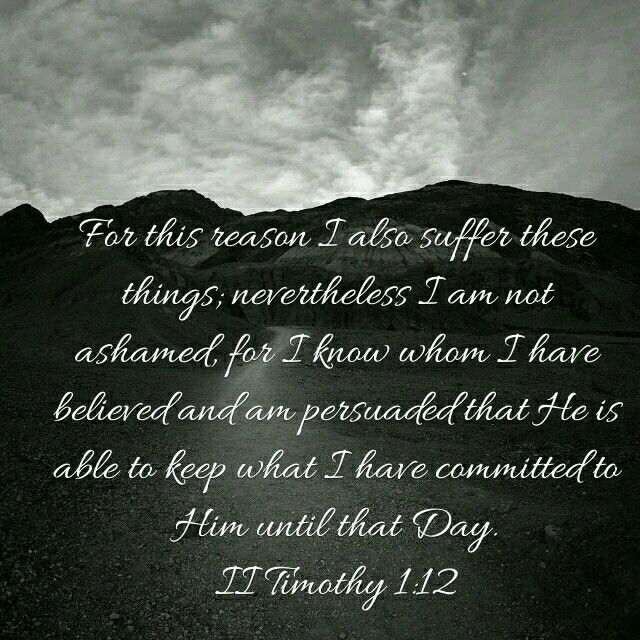
Pain. In the unconscious state of a dream, I felt it – the throbbing in my right elbow. As I talked to someone known to me only in this dream realm, I grasped my elbow with my left hand and squeezed as I closed my eyes against the pain. Suddenly I was awake and immediately realized the pain was real. It radiated from my shoulder into my elbow, where it seemed to gather intensity as it shot into my hand and fingers. I tried to wiggle my fingers and felt the numbness in all of them, but especially in my middle finger, which seemed to have no feeling in it at all. Sitting up, I glanced at the time on the clock and quickly calculated the interval since my last Norco. Could I take another and hope to return to dreaming? It was within 30 minutes of the end of the interval. Close enough, I thought, and reached for the bottle on my nightstand. Now to somehow try to alleviate the numbness and pain.
Sitting up had worked a few times before, so I propped my pillows behind me, leaned my head back, and closed my eyes. I tried to concentrate on relaxing every part of my body, but especially my neck and shoulders. My hands stretched motionless at my sides under the covers. I felt a dull aching in my left arm, but it was a fraction of the pain in my right. With every wave, the aching in my right arm would cause me to inhale sharply and hold my breath for a brief moment. The spasms were relentless and constant. This wasn’t working.
I folded the covers back and slowly got out of bed. The cats stirred, lifting their sleepy heads to look at me.
“I have to go downstairs,” I told them. “Wanna come with me?” Samson stretched and hopped down from where he had been curled up beside me. It was only 1:45 in the morning, too early for their breakfast, and the cats had become accustomed to the nighttime changes of venue. Andre and Sophie rose from their beds on the floor next to mine, stretched and slowly headed towards my bedroom door and the stairs beyond, as did Eli, who had been asleep at the end of my bed. Josephine, who most often slept in one of the cat beds in the living room, appeared at my door just as the rest of us headed towards the stairs.
If I could move around a little bit, I thought, maybe the pain would abate and I could rest on the sofa under a soft, cozy throw.
This has been a frequent nightly ritual for the past several weeks as I have dealt with what I figured was most likely the pain of neuropathy. One possible explanation is a problem with a disc in my cervical spine that is pinching or pressing on a nerve. Until I can get an MRI and see my pain management doctor, all I can do is take pain pills and manage the best I can. I know many of you reading this suffer from chronic pain, and you understand the profound impact it can have on your life. Some of the consequences are similar to the emotional side effects of steroids.
At a little after 4 o’clock in the afternoon on October 20th, I found myself in the claustrophobic confines of the MRI machine listening to the rhythmic knocking and hammering. There were two 20-minute sessions, one without contrast and the second with contrast solution administered through an IV. A week later on Wednesday, I met with Sherry LeRoy, LPN. She briefly covered the MRI results with me and told me she would need to consult with Dr. Joudeh about how to proceed. He would advise me on my next appointment with him on the following Tuesday, November 2nd.
The MRI showed what appears to be a “Small enhancing bone lesion of the right anterior aspect of the C7 vertebral body; suspicious for focal myelomatous involvement of bone.”
I have many questions about this lesion, which was not present – or at least not visible – in the scans I underwent last year. If this is an active myeloma tumor, when did it develop and why would it have developed since I had the bone marrow transplant last June if indeed the transplant was successful? Dr. Joudeh pointed out that my type of multiple myeloma is difficult to detect in my blood, which is why I have had four bone marrow biopsies. The last one was September 30th, and the results indicated no reasons for concern. Is the pain I have been experiencing in my arms and hands caused by this lesion? Lytic lesions are essentially weakened areas of the bone. They can lead to fractures and they can cause pain. I pointed out that the MRI also showed “mild right neural foramen stenosis” at my C3-C4 vertebrae as a result of minor disc bulging, which might also be responsible for my pain. Dr. Joudeh agreed, and in keeping with his usual thoroughness, he ordered a PET scan along with a referral to a neurosurgeon, who will evaluate my situation and advise as to whether or not we need to do a biopsy of this lesion. If a biopsy is necessary and the results confirm an active tumor, Dr. Joudeh will order radiation to zap it.
Radiation. I consider myself fortunate that I have not had to undergo any radiation therapy so far, but I may not escape that possibility.
In the meantime, an alternating regimen of Norco and Tramadol is helping me get through the nights, although I can’t remember the last time I slept more than four hours without waking from pain.
This new development was like a tiny crack in a metal pipe. It created a trickling of sobering and ominous thoughts about the ultimate reality of life, which is, of course, death. Now, this is a subject that most of us don’t like to think about and many find equally unpleasant to talk about, for good reason. My sons are sensitive about it, although I point out that, cancer or not, it is inevitable. I don’t bring it up to be morbid. I bring it up because, as I expressed early on in this blog, I would likely share some things that would be hard to read for a number of reasons. The fact is, the older we get, the more death impacts our lives. Our elderly loved ones pass one by one, or cancer or other illnesses steal them away from us in untimely moments of sorrow. The pain we feel and the longing for them lingers for the rest of our lives until that time when those of us who believe meet them again.
Since losing the love of my life in 2019, my feelings about death, which have always been a bit stoic, became even more so. I resolved to begin preparing for my own inevitable departure by cleaning out closets and drawers, organizing my important papers, and optimizing my finances so that the tasks for my sons and other family members wouldn’t be quite so burdensome. I began to rethink all of the junk I have collected over the years that holds sentiment for me but, in most cases, no one else, so that with every item, I ask myself the question, “Does this matter to anyone other than me?” If the answer is no, I throw it out or give it away.
When I was discussing my finances recently with my advisor, Stanley, who I also consider to be an extended family member, he would delicately ask the million-dollar question that has an indisputable influence over some of the decisions I would make: “How long do you think you might live?
I will tell you that when I was first diagnosed with Multiple Myeloma, I felt confident that I had a good 15 to 20 years left. After all, my cancer was in an early stage. I am younger than many who are diagnosed much later in life. I am in otherwise good health. Hearing the word “cancer” wasn’t completely unexpected, but I had no experience with any type but breast cancer, to which my mom had succumbed at the young age of 59, so I really didn’t know what to expect. After the initial months of chemotherapy, the bone marrow biopsies, and the stem cell transplant last June, one might think I had a good sense of what this disease is all about. When Stanley asked me that question, I was still fairly confident that I had at least 15 years of life ahead of me.
Now, I am not so certain.
Now, I look at things differently.
I intend to explore this subject in more depth, reflect on the thoughts and feelings that come to me often suddenly in solitary moments that I don’t always recall clearly when I’m ready to write them down. For now, I will leave this here and invite your thoughts and comments about it, too.
Until then, God bless.


That was an extremely tough read. From the beginning with the dreams to the end where you are facing mortality reinforced my own fear of death. The most impressive takeaway is your response to the extreme circumstances. Your ability to do the work and fight back puts you in a very small percentage of anyone who is going through this disease. Most would cooperate with the disease and die early. Your blogs are so deep and insightful, you have the ability to see things as they really are and not as they should be. Your deep understandings and godly mind allow you to be strong and begin the countermeasures. Again, most would buckle at the enormity of the process and…
Sending many positive thoughts and prayers for you. Miss seeing you.
Will plan a little Christmas shopping trip early December...🎄💝
Great post Kelly! We do treat death, and conversations of the subject, different than in many other cultures even while most of us realize it is as much a part of life as birth. Sorry to hear of your continued struggles with pain and pray for some relief soon!
Blessings my friend!
That is a difficult “subject” for most everyone. I too reflect on my mortality much more often as I grow older. Yes, it’s inevitable for us all! The difference I feel in thinking/talking about death, is that I don’t really feel fear. I am confident in my salvation and I believe that I’ll be in the presence of my Heavenly Father when he “calls me home”! That’s not to say I’m ready right now. But, our individual perspective on Life and Death is determined by our own experiences, beliefs and sometimes even our own choices we make. An unexpected illness changes that view/perspective greatly! It’s a natural, even “normal” thing to talk about our own mortality when we’re faced wit…